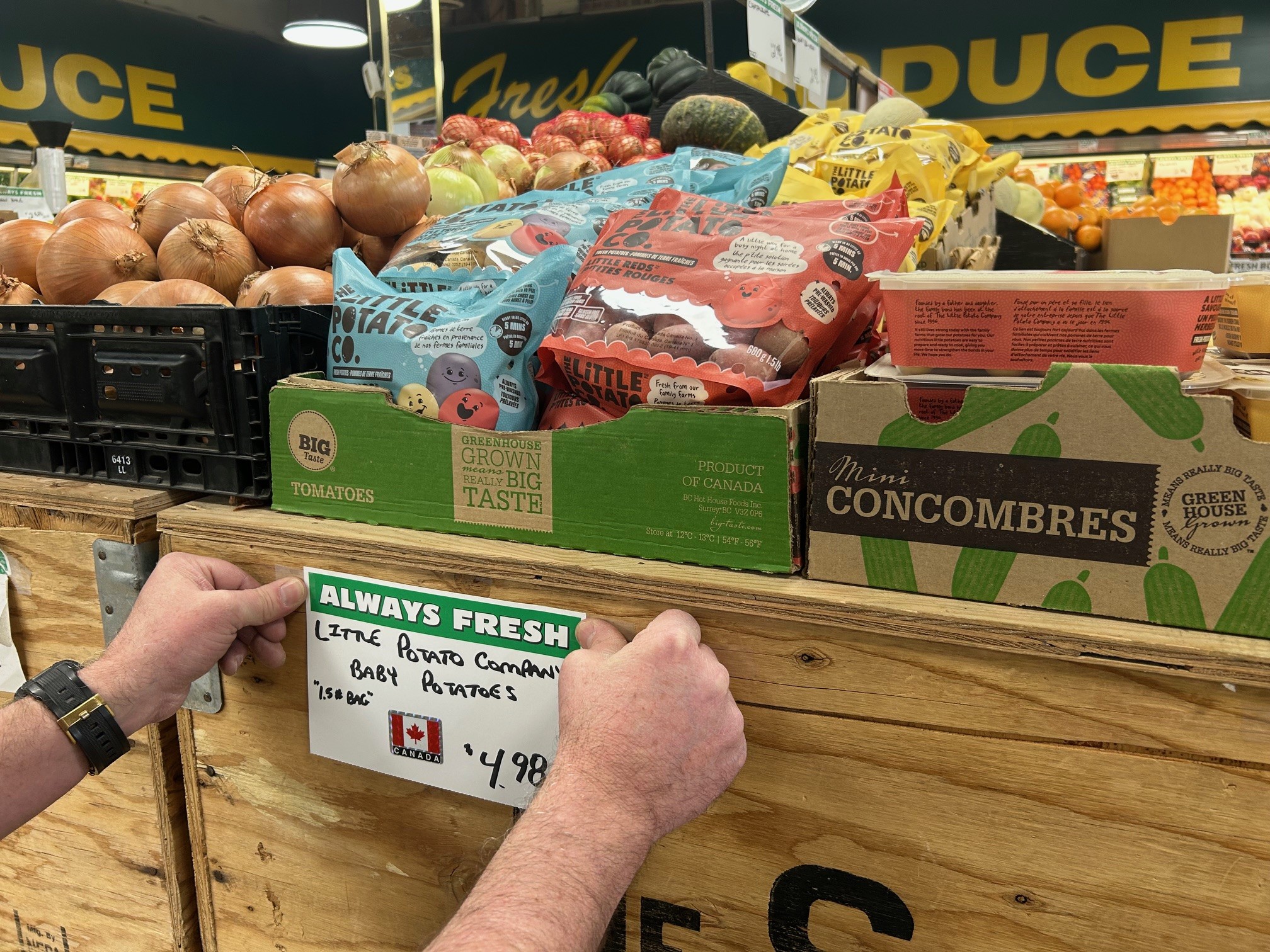In recent months, escalating trade tensions have led several countries to boycott American products. Nations such as Canada and Denmark are at the forefront of this movement, implementing both governmental and grassroots measures in response to U.S. tariffs and political actions.
Canada's Retaliatory Measures
The U.S. administration, under President Donald Trump, imposed a 25% tariff on Canadian goods, excluding energy products, which faced a 10% levy. In retaliation, Canada announced tariffs on $155 billion worth of U.S. goods, with $30 billion taking effect immediately and the remainder in 21 days.
This trade dispute has led to significant economic consequences in Canada. The manufacturing sector experienced a sharp decline, with the S&P Global Canada Manufacturing PMI dropping to 46.3 in March, the lowest in 15 months. Additionally, hundreds of workers in steel and aluminum plants have been laid off due to the imposed tariffs.
Consumer Boycotts and National Sentiment
Beyond governmental actions, Canadian consumers are actively participating in boycotting U.S. products. Many are canceling trips to the United States, leading to a notable decline in cross-border travel. Retailers are also sidelining American goods, with grocery stores promoting Canadian products over U.S. imports.
The "Buy Canadian" movement has gained momentum, encouraging citizens to support domestic products. Online directories highlighting Canadian-made goods have seen a surge in traffic, reflecting the public's commitment to this initiative.
Denmark's Response to U.S. Policies

In Denmark, public sentiment has turned against American products following President Trump's threats to assert control over Greenland, a semi-autonomous Danish territory. Danish consumers are boycotting U.S. goods, including popular brands like Coca-Cola and Netflix. The country's largest retail group has introduced "European" labels to products, making it easier for consumers to identify and prefer non-American goods.
Broader Implications and Industry Impact
The ripple effects of these boycotts are evident across various industries. For instance, Manischewitz kosher wine, a staple for Canadian Jews during Passover, has become scarce due to bans on American-made alcohol products by Canadian provincial government monopolies.
In the automotive sector, companies like Ford and GM reported significant sales boosts as consumers rushed to purchase vehicles before the implementation of new tariffs. However, these gains are tempered by concerns over potential price increases and profit reductions due to the ongoing trade disputes.
Conclusion
The current wave of boycotts against U.S. products underscores the profound impact of international trade policies on global consumer behavior and economic landscapes. As countries like Canada and Denmark take both official and grassroots actions in response to U.S. tariffs and political maneuvers, the broader implications for international trade relations remain uncertain. The situation continues to evolve, highlighting the intricate interplay between politics, economics, and consumer choices in the global marketplace.

